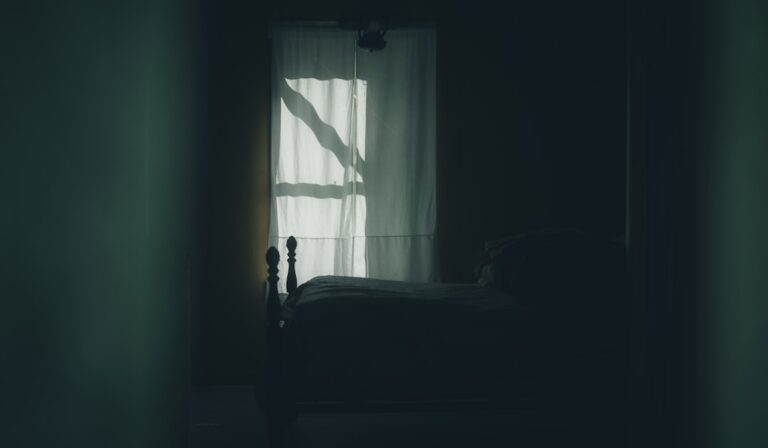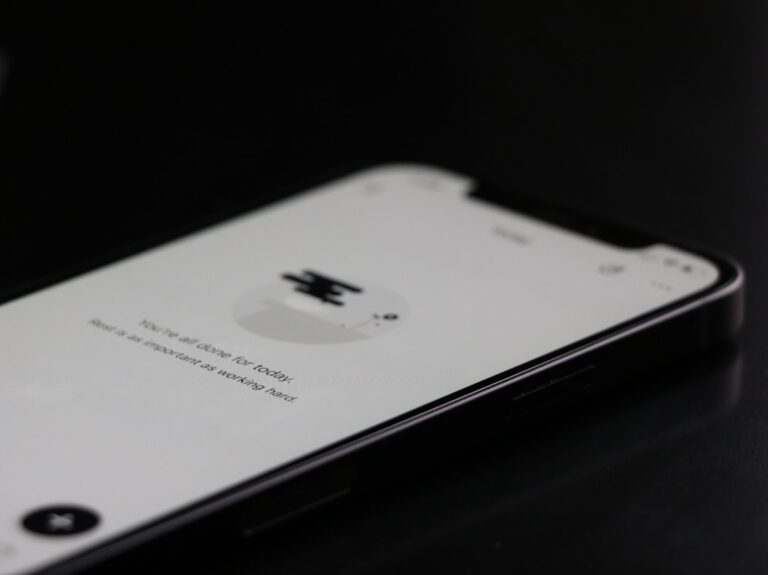
That walk from your desk to the fridge is starting to feel like a daily commute, isn't it?
I get it. I really do. The dream of working from home sounds amazing. No traffic. Comfy clothes. Endless coffee. But the reality can be a battle. The laundry pile screams for attention. The TV whispers sweet nothings. And your focus disappears faster than a plate of cookies in an empty house.
For years I was the king of procrastination. My life was a cycle of video games binge eating and pure laziness. I knew I needed to change but the mountain seemed too high to climb. Building a productive life from the chaos felt impossible. But I learned that focus isn't a magical gift some people have. It’s a muscle you build one small habit at a time.
If you’re struggling to get things done at home you’re not alone. Here are 12 practical hacks that helped me turn it all around.
Create a Real Workspace
You don’t need a fancy corner office. But you do need a dedicated spot that tells your brain “it’s time to work.” For a long time my “office” was the couch. The results were predictable. I’d start working then I’d get a little too comfortable and soon the TV was on.
Your workspace can be a small desk in the corner of your bedroom. It can be a specific chair at the kitchen table. The key is to use that space only for work. When you sit there your mind shifts into gear. When you leave you can properly switch off.
Get Dressed for the Job
Pajamas are comfortable but they’re also the official uniform of relaxation. When I started getting dressed for work even just in jeans and a clean shirt it was a game-changer. This simple act signals a transition. It tells your body and mind that you are no longer in rest mode. You are starting your day. It’s a small step that creates a powerful mental boundary.
Plan Tomorrow Tonight
Waking up without a plan is like setting sail without a map. You’ll just drift. Before you shut down your computer for the day take five minutes to write down your top 3 priorities for tomorrow. That’s it. Just three.
This does two things. First it clears your head so you can relax in the evening. Second it lets you wake up and start immediately. You don’t waste precious morning energy deciding what to do. You just do it.
Ditch the 8-Hour Myth
Most people can’t do eight straight hours of focused work. It’s just not how our brains are wired. I used to feel guilty for not being “on” all day. Then I discovered the power of short focused work sprints.
I get my most important work done in a 2 to 4 hour block of deep focus in the morning. No phone. No email. No distractions. Just pure focus on the task at hand. After that the rest of the day feels lighter. I can handle meetings emails and smaller tasks without feeling drained. Quality over quantity. Always.
Make Distractions Difficult
Willpower is a finite resource. Don’t waste it fighting temptations all day. Instead just remove them. I had to get real with myself. For me the enemy was video games. I thought I could just resist the urge but one "quick game" would turn into three lost hours. I finally had to unplug my console and move it out of my office entirely. Out of sight out of mind.
Your distraction might be your phone. Don't just put it face down. Put it in another room. It’s amazing how much focus you gain when you have to physically get up to check your notifications.
Schedule Your Breaks
Breaks are not a sign of weakness. They are essential for staying sharp. But a break isn't scrolling through social media. That just replaces one form of screen fatigue with another.
Schedule real breaks. Get up stretch walk around the block grab a glass of water or just stare out the window for a few minutes. I learned this the hard way when I was trying to lose weight. I realized I was snacking out of boredom not hunger. Taking a real break helped me break that cycle and it will help you recharge your focus too.
Have a Clear "End of Day" Ritual
When your home is your office it’s easy for work to bleed into every hour of your life. This leads to burnout. Create a ritual to signal the end of your workday. It could be:
- Tidying your desk.
- Reviewing your to-do list for the next day.
- Closing your laptop and not opening it again.
- Saying a short prayer of thanks for the work you were able to do.
This little routine creates a clean break. It allows you to be fully present with your family or enjoy your evening in peace.
Talk to Your People
If you live with others you need to communicate your schedule. Let your family or roommates know when you’ll be in a deep work session and can’t be disturbed. This isn’t selfish. It’s necessary for you to do your job well. A simple "Hey I'm going into a focus block for the next two hours" can prevent a lot of frustration and interruptions.
Fuel Your Body and Brain
What you eat directly impacts your energy and focus. When I was over 110 pounds heavier my diet was filled with processed junk that left me feeling sluggish and foggy. It was a vicious cycle. I’d eat poorly feel bad and then have no energy to do anything productive.
You don’t need a perfect diet. Just focus on the basics. Drink plenty of water. Prioritize real whole foods. A handful of nuts is better brain fuel than a bag of chips. You’ll be surprised how much clearer you can think when your body is properly nourished.
Celebrate the Small Wins
When you have a big project or goal it can feel overwhelming. The key to staying motivated is to celebrate progress along the way. Did you finish a tough report? Acknowledge it. Did you stick to your focus block for the whole two hours? Give yourself a pat on the back.
I used this when I was losing weight and I use it now in my work. These small celebrations build momentum. They prove to you that you are capable of making progress which makes it easier to tackle the next task.
Practice Daily Gratitude
This might sound simple but it has a profound effect. Start or end your day by thinking about a few things you are grateful for. It could be your health your family the work you get to do or the simple fact that the sun is shining. Gratitude shifts your perspective from what’s wrong to what’s right. It grounds you and reduces the stress that so often kills focus.
Find Your Deeper Why
This was the biggest game-changer for me. For a long time my work felt empty. It was just a way to pay the bills. There was no real purpose behind it which made it easy to get distracted.
As I've worked to strengthen my Christian Orthodox faith I've started to see my work differently. It's not just about tasks and deadlines anymore. It’s an opportunity to use the gifts God gave me. It's an act of service to my family my clients and my community. When your work is connected to something bigger than yourself focus comes more naturally. You aren't just pushing paper. You are fulfilling a purpose.
So where do you start? Don’t try to do all 12 things at once. Just pick one.
What’s the one change that feels most possible for you right now? Start there. Build one good habit and let the rest follow. You’ve got this.





